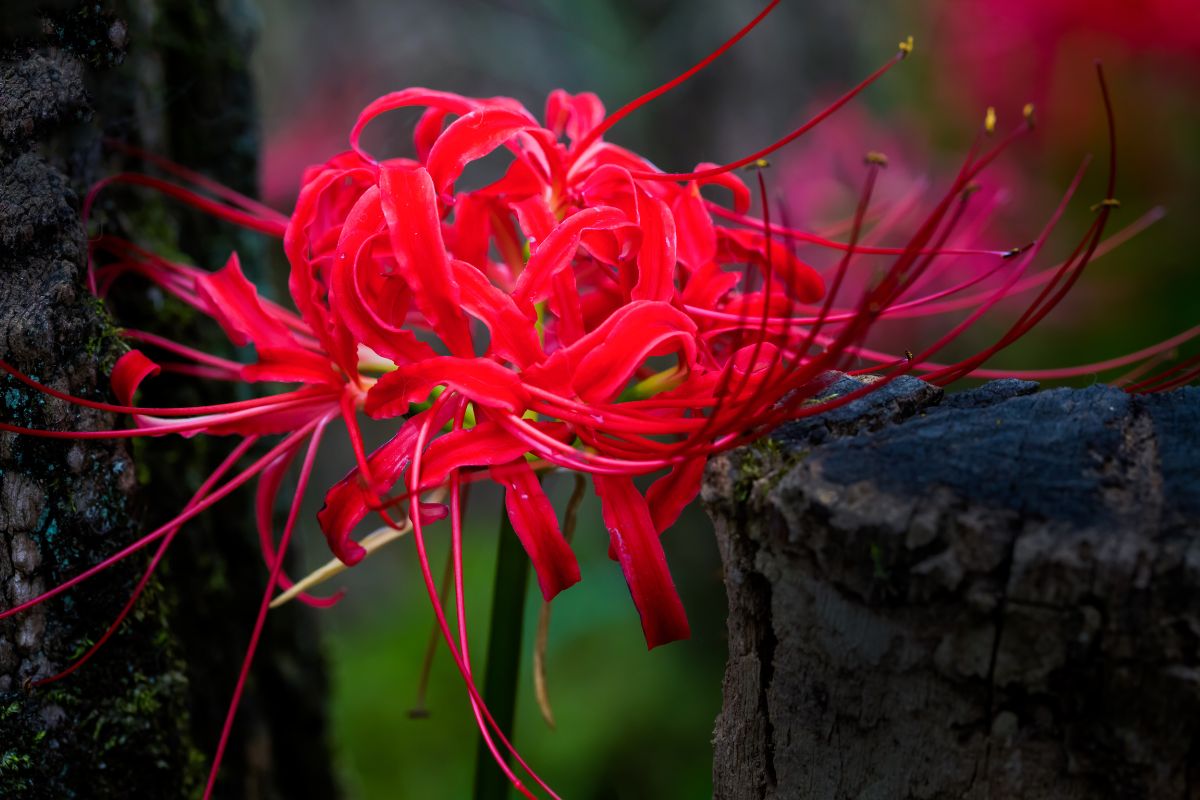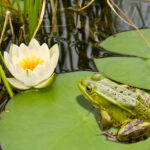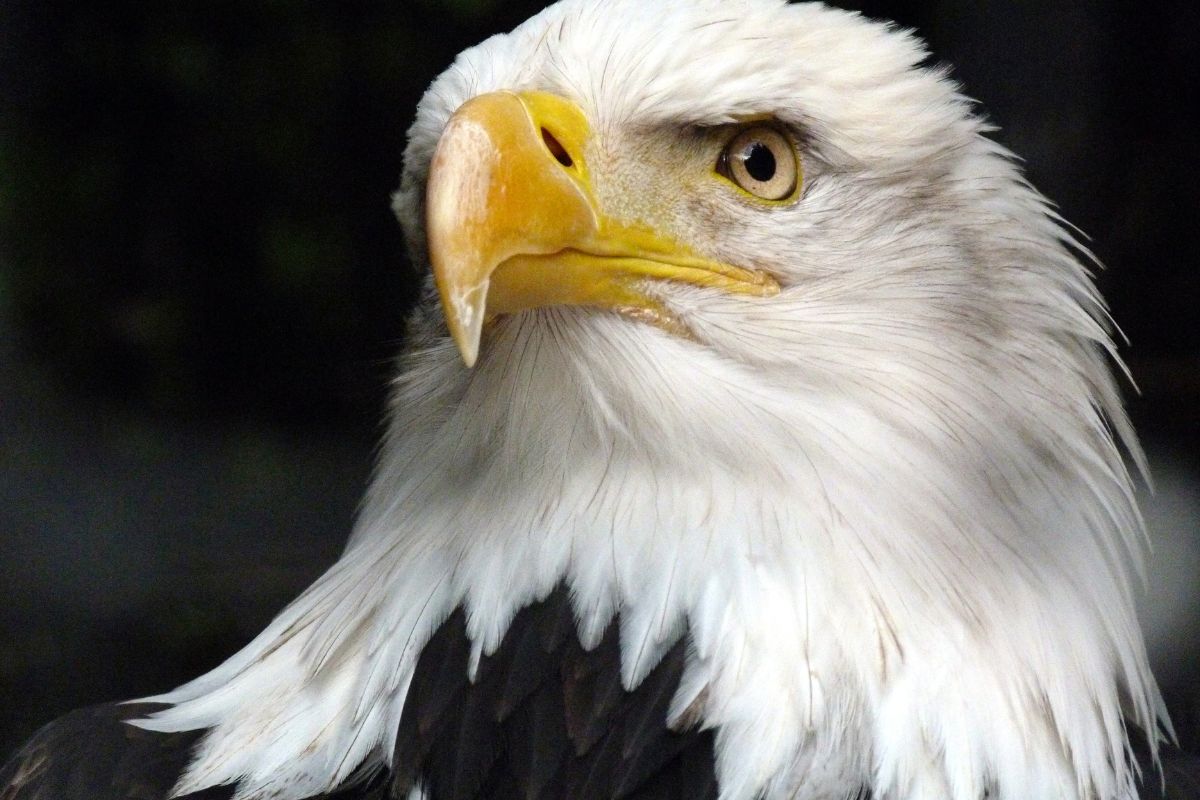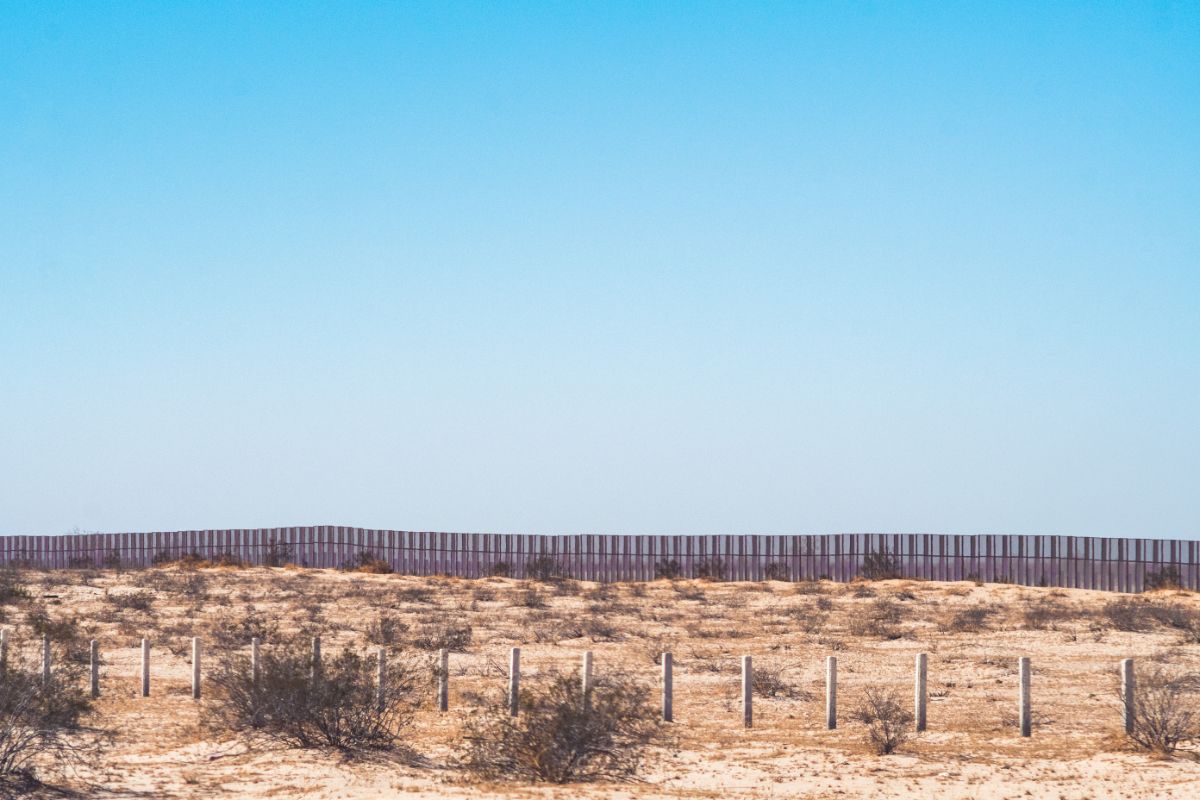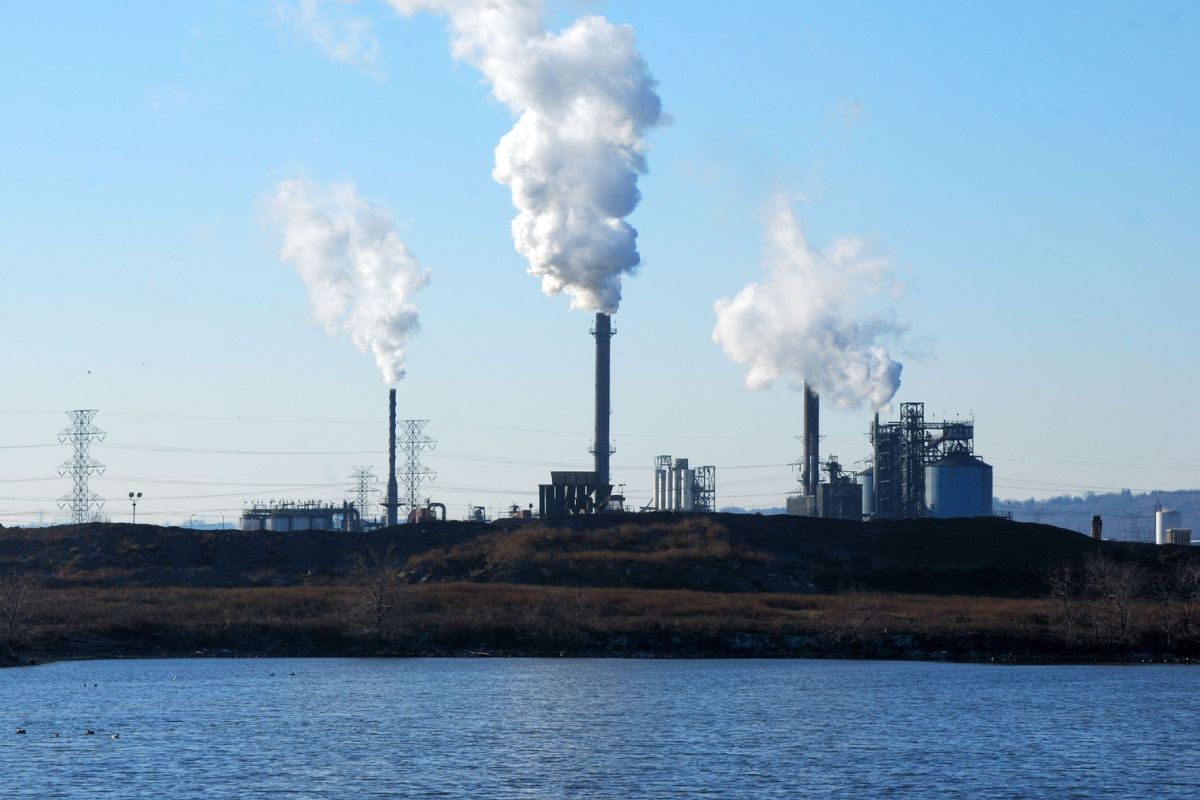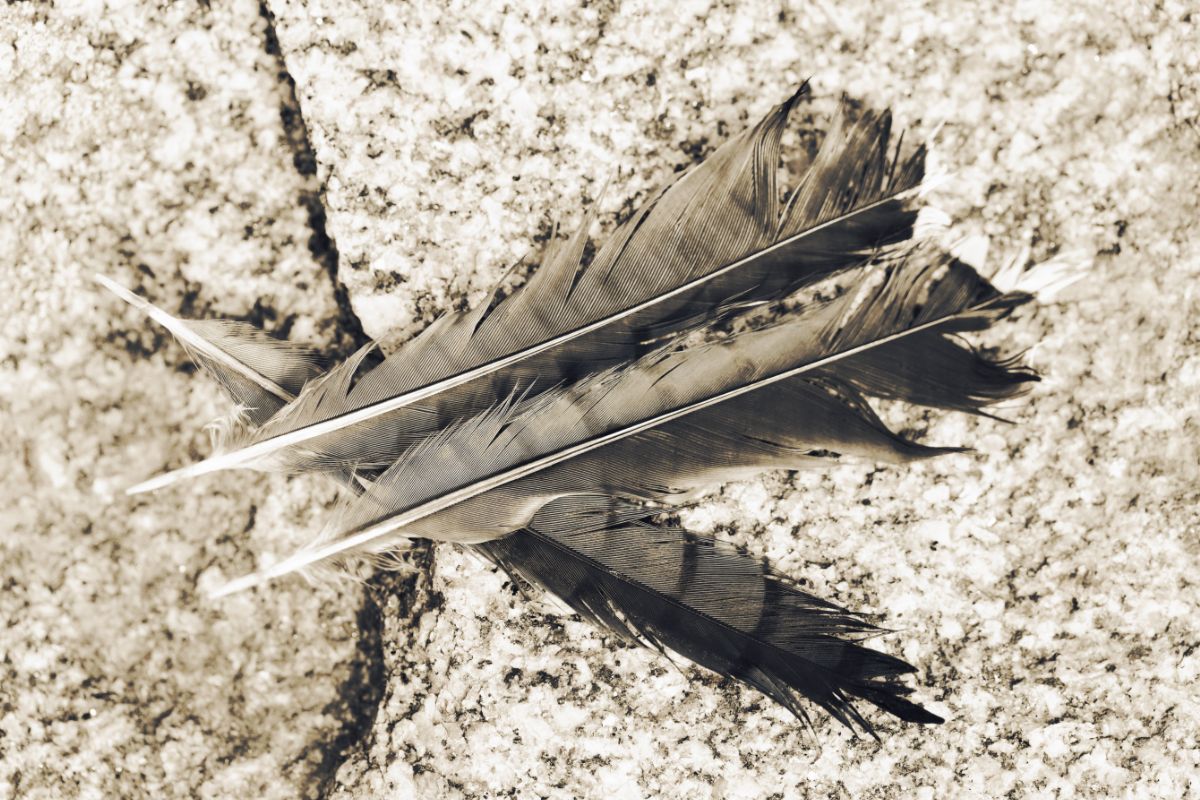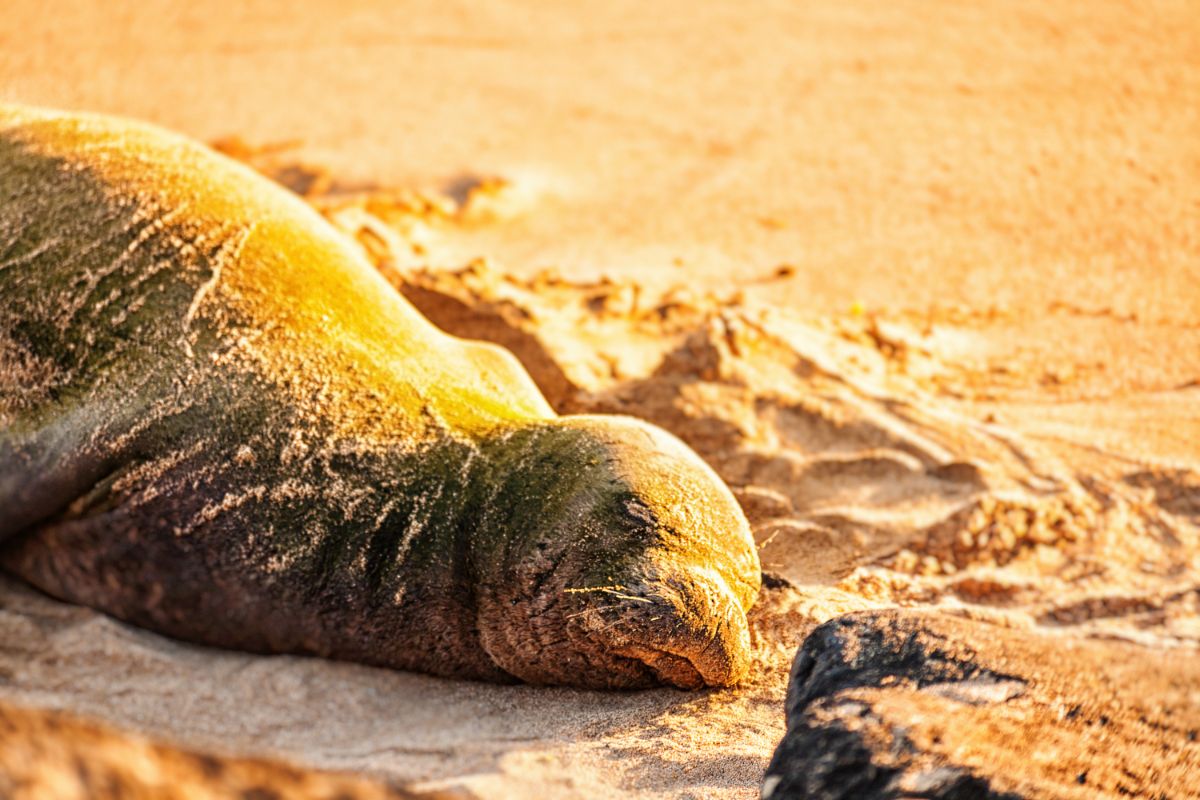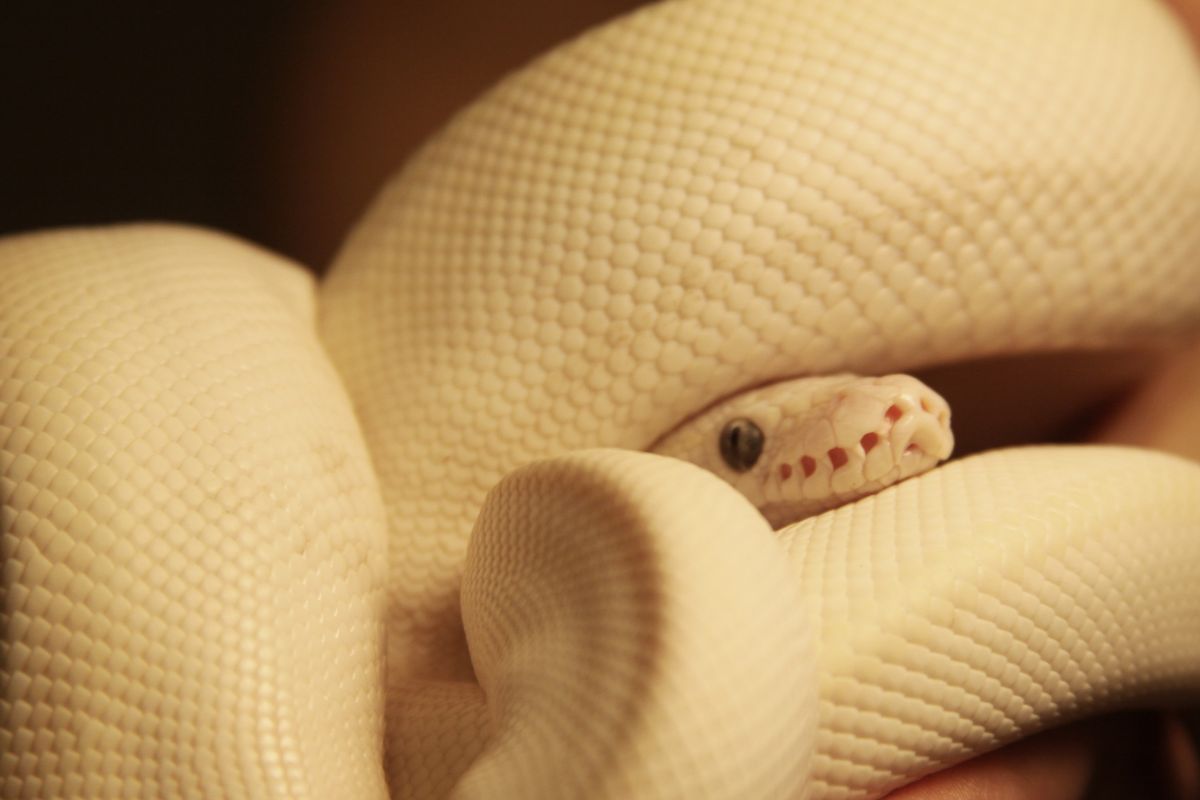Oiled wildlife is a subject that’s more important than ever. While most people have seen an oiled animal at some point, not many know the individual negative effects oil spills can have on various species.
It may seem like an oiled animal is easy to clean, or an oil spill is easy to contain, but unfortunately the opposite is the case for both.
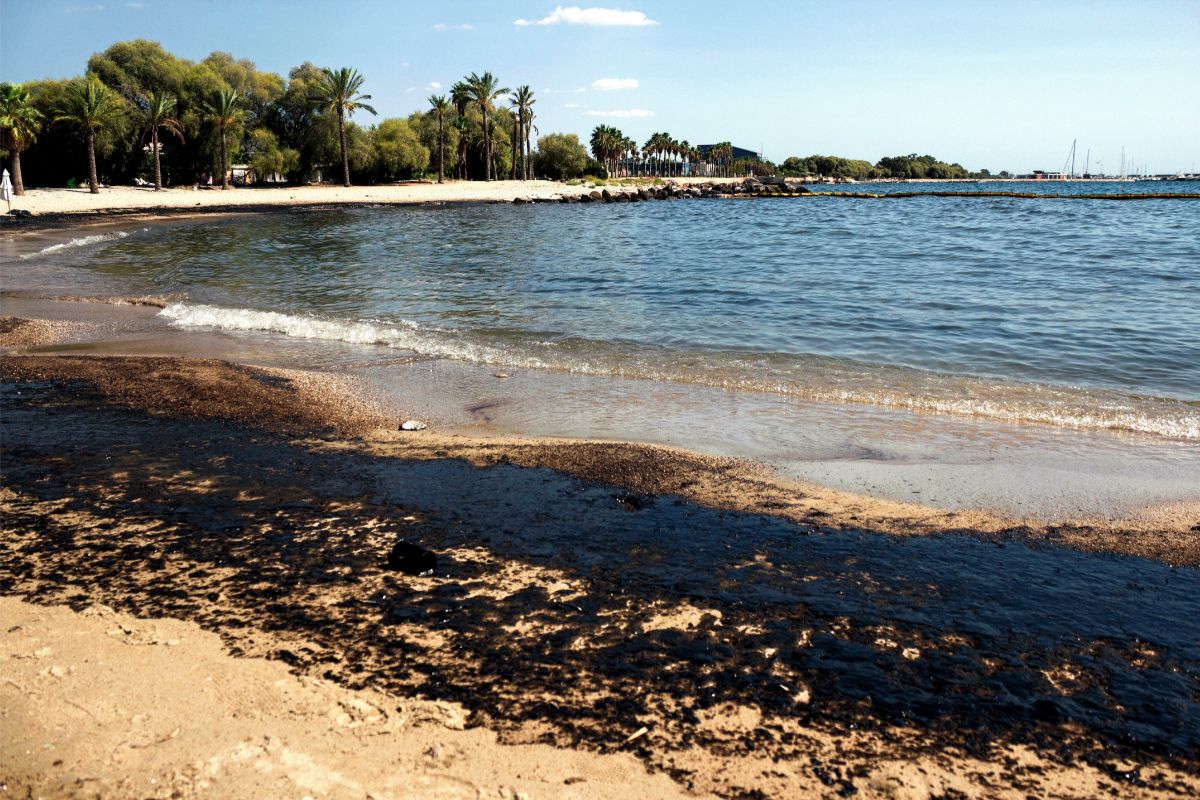
But if you are looking to learn more about oiled wildlife, you have arrived at the right place.
This guide goes over what oil wildlife is and how oiled wildlife happens, as well as all the animals that get affected.
You can also find out below how oil animals are treated and what you can do if you come across an oil spill or an animal affected by oil.
So with that said, let’s get into it.
Oiled Wildlife Explained
Oiled wildlife is a term to describe animals affected by oil being released into the environment and, as a result, the natural habitats of animals.
While most oil spills and leaks are accidents, the negative effects on the environment and animal species are significant.
There are short and long-term effects of oil spills on wildlife. Depending on the wildlife, the short-term effects can include dehydration and starvation, poisoning, and respiratory problems.
The long-term effects can include impaired growth, fin erosion, reproduction impairment, and lung and heart problems.
Needless to say, many species can get affected by oil spills – across land, sea, and air. And in severe cases, the problems caused by oiled wildlife can result in the death of the affected species.
How Do Oil Spills Happen?
Oil spills can happen in the ocean, as well as rivers and bays. These are typically caused by tank, barge, pipeline, storage, or oil refinery-related accidents that result in oil being accidentally spilled into open water.
Specifically, oil spills can be caused by equipment failures, general carelessness, or a result of natural disaster, such as damage to a storage facility or oil refinery at sea.
Sometimes oil spills can be deliberate, however this is largely illegal.
What Animals Are Affected By Oil Spills?
Many types of wildlife are affected by oil spills, including aquatic species, avian species, and land species that reside near seawater.
The list of oiled wildlife is extensive, but includes seabirds, walruses, seals, sea lions, sea otters, river otters, whales, dolphins, and sea turtles, plus fish and shellfish.
Oil spills into the natural habitats of these species results in a host of harmful effects, which can be different by species, but no less severe. In some cases, oiled wildlife can experience a slow, gradual death.
For example, seabirds, which dive to catch their prey, are often easily affected by oil spills.
The oil coats their feathers, which keep the seabirds dry and warm, removing these benefits to cause the seabirds to become cold and inactive. This can then lead to starvation, dehydration, hypothermia, and death.
The same process of starvation, dehydration, and hypothermia applies to fur-bearing animals, including seals, sea lions, walruses, and otters.
As for marine animals, such as dolphins and whales, these can inhale the oil, negatively affecting their lungs, immune systems, and ability to reproduce.
What Is The Oiled Wildlife Care Network?
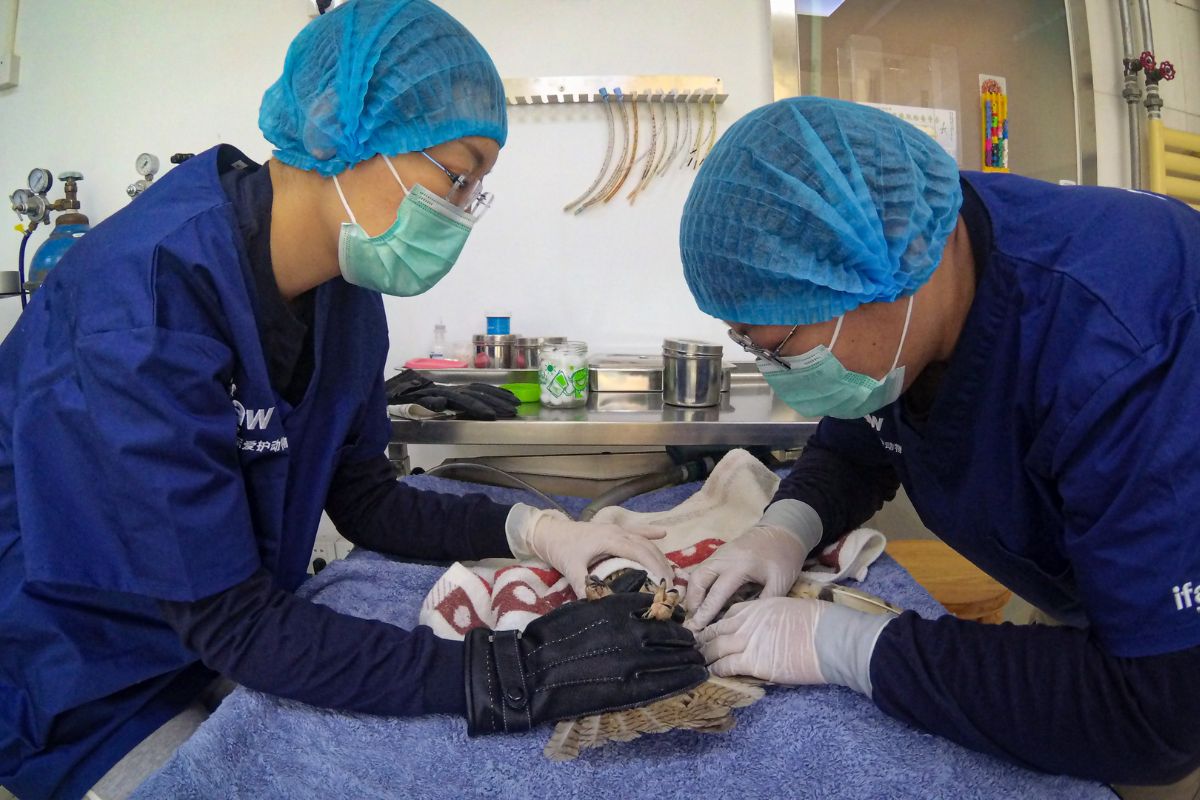
The Oiled Wildlife Care Network (OWCN) is a California-based organization dedicated to the care of oiled wildlife.
Founded in 1994, the Oiled Wildlife Care Network has since established itself as a world leader in responding to urgent oiled wildlife calls, helping afflicted animals in being rescued and rehabilitated.
OWCN has more than forty individual member organizations in California, working to respond to all state-wide oil spill appeals along the coast and inland.
So far, the Oiled Wildlife Care Network has responded to more than 75 spills and treated over 10,000 afflicted animals of different species.
How Do Organizations Take Care of Oiled Wildlife?
Taking care of oiled wildlife is harder, and more serious, than many people think.
Across different species, it involves cleaning, treating, and rehabilitating the animals, before safely releasing the animals back into the environment after the oil spill has been cleaned up.
Seabirds, for example, one of the most common animals affected by oil spills, have to be safely caught before they can be cleaned.
Cleaning the seabirds also needs to be done safely to ensure that oil does not get into their systems or cause burns or damage to the skin in any way.
For most species, the first few hours, as well as the first few days, are critical for responding to and treating oil spills that have caused oiled wildlife.
Nourishment must be provided first and foremost (stabilization of the animal), before cleaning the oil off the animal in a way that’s safe.
Needless to say, for other species, such as fish, whales, sea turtles, and dolphins, providing treatment is a much more demanding process.
What To Do If You See An Oil Spill Or Oiled Wildlife
If you happen to encounter an oil spill or oiled wildlife, it’s important to know what to do and act quickly.
It might be tempting to try to prevent further spillage in some way, or try to rescue and clean any oiled animals yourself, however it’s recommended that you instead alert the authorities.
Calling the National Response Center for oil spills and chemical spills is the first and most important course of action you should take.
Reporting the oil spill and any oiled wildlife will enable the organization to respond accordingly.
Final Word
To conclude, oiled wildlife is a term referring to animal species that have been affected by oil spills into their natural habitat.
Oil spills have various harmful effects on animals and aquatic species which, if not treated, can result in long-term health problems or even death.
There are international organizations, such as the Oiled Wildlife Care Network, that actively respond to oil spill accidents to treat and rehabilitate afflicted species.
Despite that, oiled wildlife remains a global concern that needs more attention.
- What Do Squirrels Eat? Learn About Their Diet and Winter Survival - October 14, 2024
- What Do Raccoons Eat? Discover Their Diet and Eating Habits - October 6, 2024
- What do foxes eat? - October 5, 2024

